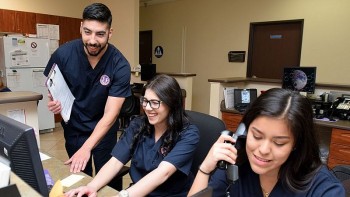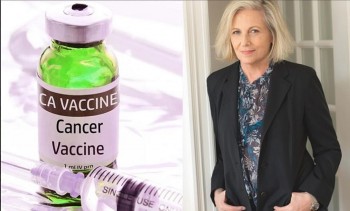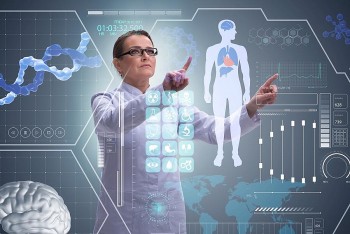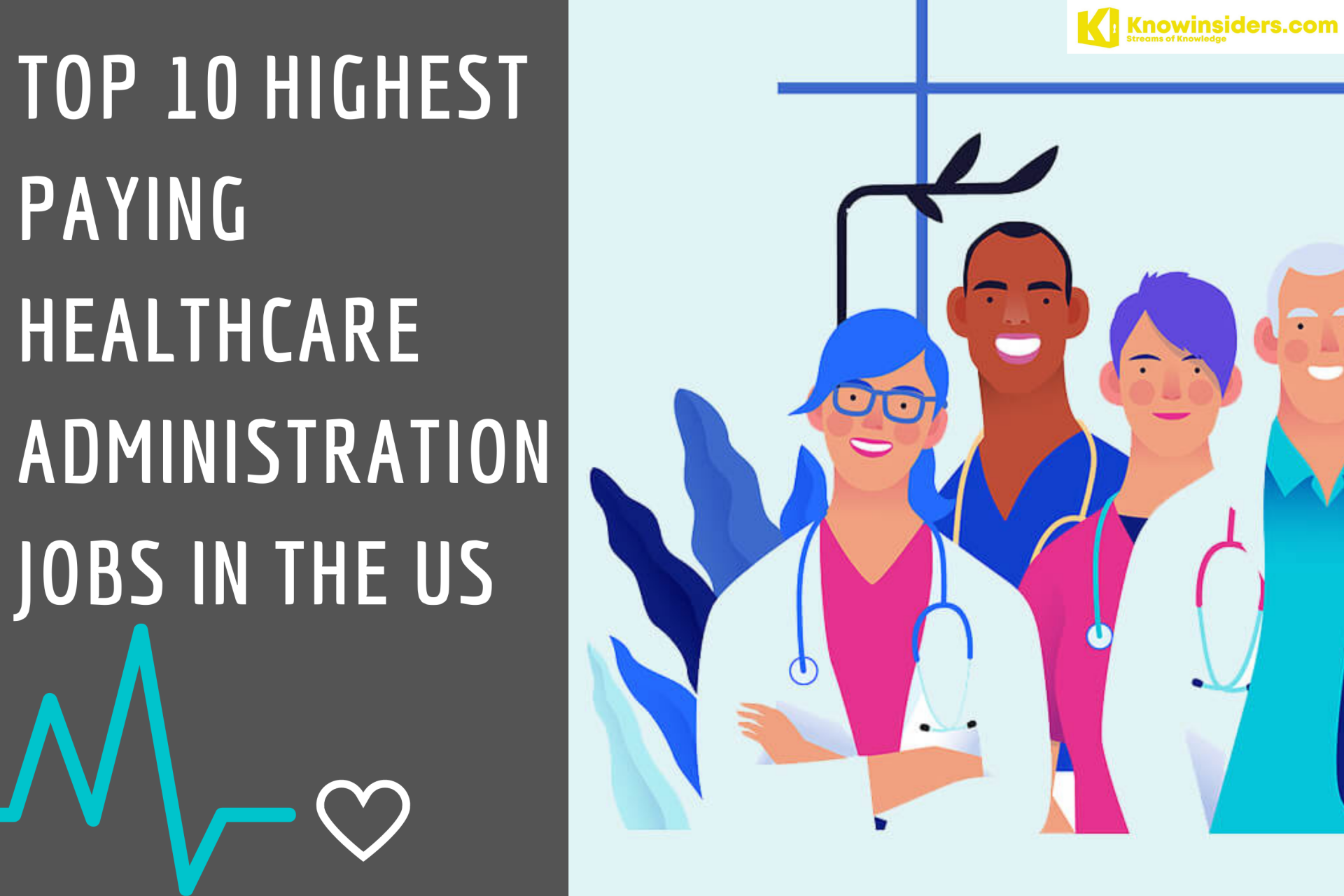The Ultimate Guide to Becoming a Medical Biller and Coder in the U.S Today
 What is Medical Billing and Coding: Training Course, Certification and Salary What is Medical Billing and Coding: Training Course, Certification and Salary We will go over medical billing and coding in great detail, as well as the reasons why you might be interested in pursuing a career ... |
 |
| How to Become a Medical Biller and Coder |
Overview: Medical Billers and Medical Coders
The healthcare sector is expanding nationally, and a variety of non-clinical jobs are needed to keep care facilities operating. Medical billers and coders stand out as some of the most crucial jobs among these non-clinical positions.
Medical billers and coders ensure the accuracy of patient medical records, the bills they receive for procedures and services, and they support clinical workers by relieving them of administrative burdens. Medical billers and coders contribute to the collection of health data that can be used to enhance care facility operations and make them more productive during the course of treatment.
Medical billing and coding specialists are always in demand in healthcare facilities. Over 37,000 new jobs will be created for medical billers and coders between 2020 and 2030, according to the Bureau of Labor Statistics. Details on pursuing this reliable career path are provided below.
You must first learn how to bill and code for medical services in order to pursue a career in this area.
What are Medical Billers and Medical Coders?
Billing and coding for medical services are two sides of the same coin that help smooth communication between patients, doctors, and health insurers.
An overview of the various roles and how they contribute to the efficient operation of medical facilities is provided below.
What is a Medical Biller?
A patient visit is converted by medical coders into a series of widely understood codes that describe every detail of the encounter. In order to record a patient's visit and submit an accurate insurance claim, medical facilities, hospitals, doctors' offices, and insurance companies use these medical codes. Knowing which medical code applies to a specific aspect of the patient visit is crucial because each one has strict rules for its use.
What is a Medical Coder?
Medical billers prepare a report and use the codes to submit a claim to the appropriate insurance companies. In order to ensure that the medical facility is fairly compensated by each party, the biller also follows up with the insurance provider and the patients. They also make sure that the patient is billed accurately and that their account is paid on time.
| These are the fundamental responsibilities of each job, though there is frequently some overlap between medical billing and coding in the field. In more intimate medical settings, one person might wind up handling both tasks. In a big hospital, there might be different people working on each task simultaneously. |
Step-by-Step Guide to Becoming a Medical Biller or Medical Coder
There is no one way to become a medical biller and coder that works for everyone, just like there are different career paths. But as you work toward that objective, there are some general actions you can take and conditions you need to be aware of.
The following actions could assist you on your way to becoming a medical coder or biller:
1. Choose a Medical Billing and Coding Training Program
You must complete a training course and pass a certification exam if you want to work as a medical biller and coder. Today, different schools in the US offer a variety of programs. When selecting a program, you must make some choices. Are you considering enrolling in a certificate, diploma, or degree program? How long will it take to finish the course? What will you learn from the course work? After selecting a medical coding program, you can start your coursework.
2. Complete the Billing and Coding Program
Physiology and anatomy, health insurance, claim processing, electronic health records, legal issues in healthcare, and CPT, HCPCS, ICD-10-CM, and ICD-10-PCS coding should all be covered in your training curriculum. You should be adequately prepared for the certification exam by your medical coding course. Additionally, some programs offer an externship where you can gain practical experience.
3. Pass the Certification Exam
Each medical billing and coding program trains you to pass a particular exam. You are equipped to take and pass either the Certified Medical Reimbursement Specialist (CMRS) or Certified Coding Associate (CCA) certification exam thanks to Campus' certification program. The American Medical Billing Association (AMBA) and the American Health Information Management Association (AHIMA) both support Campus. You will be completely ready to start your career in medical billing and coding once you pass the certification exam.
4. Look for potential job opportunities
It's time to start looking for jobs once you've obtained your undergraduate certificate and your professional certification. Decide which employers in your area seem like a good fit for a few job titles that interest you. The application process can be made more efficient if you have clear objectives regarding the type of environment you want to work in.
5. Apply for Jobs and Start Your Medical Billing and Coding Career
Employers are seeking qualified billers and coders with experience, knowledge, and professional skills. Create a resume that highlights your education, work history, and abilities. Search job boards for openings that fit your requirements, then apply. You might be able to find out if employers are looking for candidates if you have friends who already work in the healthcare sector. You will be qualified for an entry-level position in medical offices or hospital facilities with certification and externship experience.
In Conclusion
A stable career with a reliable, predictable income is working with medical records, medical coding, and medical billing. Since it enables them to establish a strong career in a fulfilling field, many people choose this career path. People who work in healthcare frequently want to feel like they are making a difference in their communities and choose this line of work as a way to do so.
The average annual wage for medical billers and coders nationwide was $48,270 as of May 2020, while it was $55,020 in California, according to the Bureau of Labor Statistics. Additionally, California employed 38,920 billers and coders, which is about 10,000 more than the next closest state.
According to BLS predictions, the number of jobs for medical billers and coders will increase by 9% between 2020 and 2030.
Frequently Asked Questions
What Courses Can I Take in a Medical Coding and Billing Program?
In order to prepare them for managing medical records, applying codes, submitting invoices, and helping with other business procedures for the healthcare industry, medical billing and coding students take classes in a variety of subject areas.
A variety of technical knowledge, healthcare information, and business topics are covered in the coursework for medical billing and coding programs. The medical coding system, cycle of healthcare claims, and necessary medical terminology will all be taught to students.
Students who take this combination of subjects will have the knowledge base necessary to pursue a career in medical coding and billing. A typical course in a program for medical billing and coding might be:
Clinical Coding
Operational Coding
Application for Billing and Coding
Getting Started with Computers
Communication in Healthcare: Introduction
Health Terminology
Medical Ethics and Law
Records Administration
Anatomy, Physiology, and Pathophysiology of Claims Processing, Claim Cycle, and Healthcare Settings
Can You Study Online?
Numerous online medical coding and billing programs enable students to finish their coursework remotely over the internet with only a few monthly required in-class days.
How to Prepare for Medical Coding Certification Online
Online education programs can help you get ready for the exam if you want to pursue medical coding certification, much like campus-based training would.
Although you can study for your medical coding certification exam and take classes online, most certifying bodies insist that you take the tests in person.
For instance, candidates must meet eligibility requirements and take the exam at an authorized AAPC exam site in order to earn the Certified Professional Coder (CPC) credential from the AAPC. Many states offer multiple dates and locations for the exam so that students can select the venue and time that work best for them.
How Long Does It Take to Become a Medical Coder?
The route you take to get there has a significant impact on how long it takes to become a medical coder. The amount of time depends on the program length if you want to pursue a certificate, diploma, or associate degree.
Numerous diploma programs have completion times of less than a year. You might be able to finish your training and obtain your degree in under two years or less if you plan to enroll in an associate degree program.
You will need to allow more time if you want to pursue CPC certification because you will need to take the certification exam and fulfill the prerequisites. If you pass the exam but lack the necessary work experience for full CPC status, you will be given the designation of CPC Apprentice (CPC-A) until you provide documentation of your education and/or experience.
What Qualifications Do You Need to Work as a Medical Billing and Coding Specialist?
Depending on the needs of the employer, medical billing and coding specialists may have different job requirements. To work in medical billing and coding, some employers might not require prior education, while others might demand training like a diploma or associate degree. Some might also demand that you hold a professional certification.
Aside from the necessary education, medical billing and coding specialists need to possess a few skills in order to do their jobs well. The BLS lists the following as important characteristics for medical secretaries:
Decision-making abilities that will enable them to evaluate diagnoses and medical records to decide how to code them most effectively for patients' medical records.
Being organized is necessary to accurately record and code patient data.
Good interpersonal and communication skills, even in high-stress circumstances like billing disputes or denied insurance claims
Grammar, professionalism, and accuracy in writing are important traits to hone for the email communications that may be required for this role.
 Medical Breakthroughs 2023: Pigs to Humans, Kill Cancer and HIV Medical Breakthroughs 2023: Pigs to Humans, Kill Cancer and HIV A series of medical breakthroughs such as the first cure of HIV, pig heart transplant to humans, anti-cancer vaccines, ect have been initiated in 2022 ... |
 Top 10 Most Friendly Hospital Programs For International Medical Graduates Top 10 Most Friendly Hospital Programs For International Medical Graduates International medical graduates (IMGs) have many chances to practice jobs if they are lucky to be admited to famous IMG programs at renowned hospitals in ... |
 10 Most Useful Healthcare Trends That Will Dominate in 2023 10 Most Useful Healthcare Trends That Will Dominate in 2023 Application of artificial intelligence, telehealth, wearable medical devices, etc are the most important and useful health trends that are forecast to dominate in the 12 ... |
 10 Highest-Paying Healthcare Administration Jobs In The US Today 10 Highest-Paying Healthcare Administration Jobs In The US Today You aren't sure which 10 healthcare administration jobs in the United States pay the highest salaries. Take a look at the following list, which features ... |
























